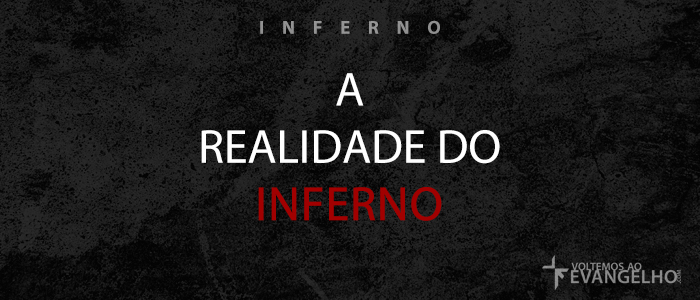Is this a living reality for you or was it just a story told by someone?For more information, read the following article:
According to recent surveys, 81% of adult Americans believe in paradise and 80% expect to leave when they die; By comparison, about 61% believe in hell, but less than 1% believe they are likely to leave. a small majority of Americans still believe that hell exists, but the real fear of hell is almost non-existent.
- Even the most conservative evangelicals no longer seem to take hell too seriously.
- For decades.
- Many evangelicals have downplayed inconvenient biblical truths.
- Neglecting any subject that seems to require dark reflection.
- Doctrines such as human depravity.
- Divine wrath.
- Excessive sin.
- And the reality of eternal judgment have disappeared from the gospel message.
The trend doesn’t escape everyone. Thirty years ago, for example, Martin Marty, a religious historian, professor at the University of Chicago School of Theology and a critic of all evangelicals, spoke of immortality at his lecture at Harvard School of Theology. The title of his message was “Hell Is Gone. “No one noticed? Marty’s research hasn’t even found an academic article on the subject of hell in any major theological publication of the last century. Citing the lack of attention paid to such a broad topic, Marty suggested that if evangelicals really take seriously what the scriptures say about eternal punishment, someone of fame should notice it.
Hardly anyone noticed. Eighteen years later, the Los Angeles Times published a front-page article titled “Stop Fire and Sulfur,” noting that many “fashionable” leaders of evangelical churches deliberately omitted the subject of divine punishment:
In churches across the United States, hell is frozen, as clergy are increasingly hesitation in preaching [?] A conspiracy with which the faithful no longer identify. [According to] Harvey Cox Jr. , famous writer, religious historian and professor at Harvard Divinity School, “Can you go to many churches, week after week, and you’d be impressed if you heard a mention of hell?”
The fact that hell goes out of fashion indicates how key parts of Christian theology have been influenced by a secular society that emphasizes individualism over human authority and psyche over moral absolutes. The emergence of psychology, the philosophy of existentialism and the culture of consumption. threw buckets of water into hell.
The article described an evangelical pastor who said he believed in hell, but (according to the Times) – you would never know by listening to him preach [?]. He never mentions the subject; Does your flock show little interest in the subject?When asked why the doctrine of hell had disappeared, the pastor replied, “Isn’t it attractive enough?”
The article also quoted a renowned seminary teacher [?]
[dt_call_to_action content_size?normal?text_align?left?background?fantasy?line?true?style?2?animation?
See the rest of the development of this text by reading the full article:

